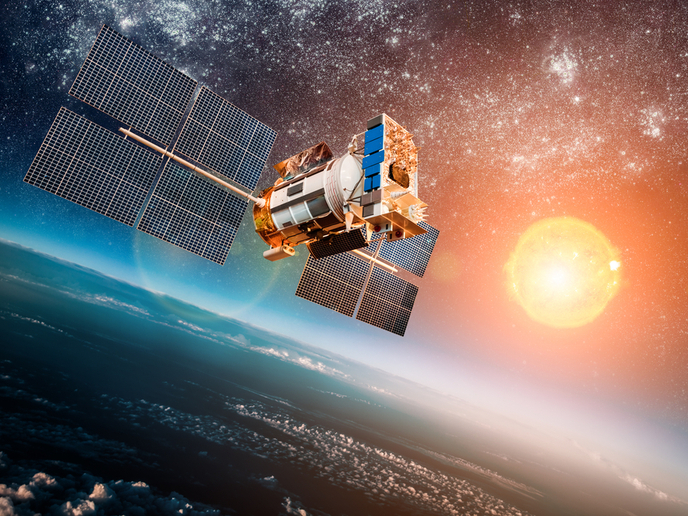EROSS space robotics project reaches for the stars
In 2013, the French Ministry of Higher Education, Research and Innovation began the tradition of awarding selected successful European research projects coordinated by French institutions. Called Étoiles de l’Europe, or Stars of Europe, the award is given to encourage EU-funded collaborative scientific research efforts. Nine years later, the EU-funded EROSS project has been declared one of the winners of this prestigious award in the innovation category. The award was presented to project study manager Dr Vincent Dubanchet of French satellite manufacturer Thales Alenia Space in a ceremony held at the Quai Branly Museum on 2 December 2021.
Developing the building blocks for on-orbit satellite servicing spacecraft
Coordinated by Thales Alenia Space, the EROSS project demonstrated key technological solutions for on-orbit satellite servicing missions. Carrying out missions such as satellite inspection, robotic manipulation, satellite service life extension, in-orbit refuelling and space debris deorbiting requires highly versatile space vehicles. EROSS was responsible for developing these vehicles’ key building blocks while also increasing their functionalities and performance. According to a press release(opens in new window) posted on the Thales Group website, the EROSS project belongs to the second phase in the EU’s Strategic Research Cluster (SRC) action plan for space robotics. I3DS, an earlier EU-funded project led by Thales Alenia Space and focusing on the development of state-of-the-art sensors for space exploration missions, was the first SRC phase. I3DS also won the Étoiles de l’Europe award in 2019. “These two projects have already led to ground demonstrators, a first step designed to show the feasibility of the intended applications, especially EROSS, which has already validated all the technologies required for in-orbit maintenance operations,” the press release reports. The EROSSplus project, also led by Thales Alenia Space, is the third and final phase of the SRC. In this phase, the project team will design an on-orbit servicing and assembly demonstration mission for future commercial European robotic missions. “These new space vehicles will signal a paradigm shift in space as we know it: it will enable advanced robotic operations in space, with a transition from a static to a dynamic space environment where space systems can evolve in space. On-Orbit Servicing, a field in which Thales Alenia Space is one of the pioneers, will provide a new approach to accessing space. With humanity planning to establish permanent bases on the Moon, for instance, these technologies will deliver real benefits for many different missions, including transport, orbital rendezvous, and the assembly of different components in space.” EROSS (European Robotic Orbital Support Services) ended in June 2021. Following on directly from EROSS, the 2-year EROSSplus (European Robotic Orbital Support Services +) project ends in January 2023. For more information, please see: EROSS project website(opens in new window)



